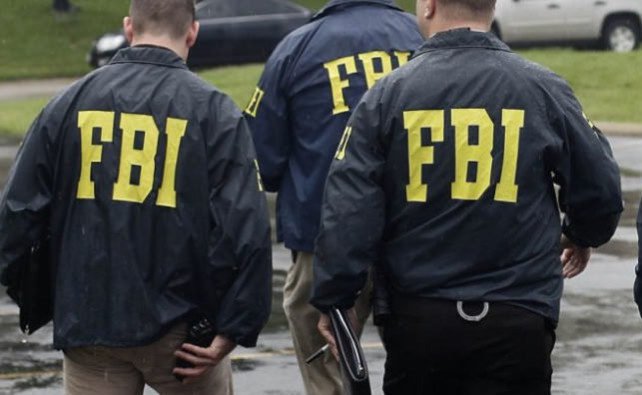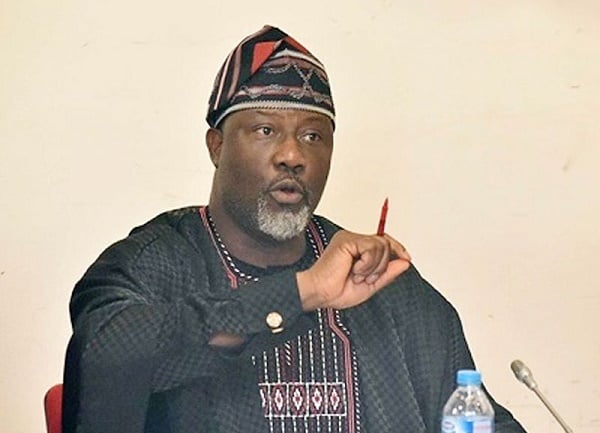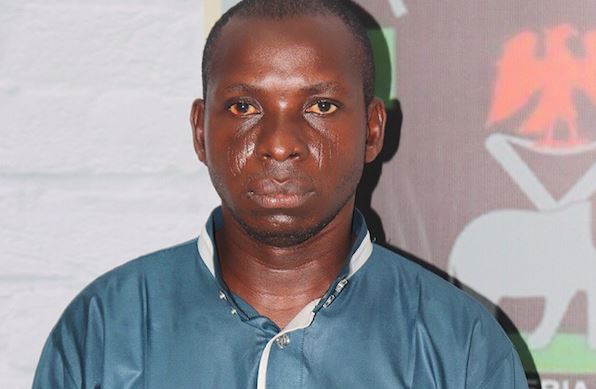The Federal Bureau of Investigation (FBI) announced, last Thursday, that it busted a ring of email scammers in the US. A total of 14 arrests were made in this raid. These 14 people arrested were named in a 252-count federal grand jury indictment which alleges that 80 defendants (mostly Nigerians) used internet fraud schemes to defraud victims of sums up to about $46 million. The FBI believes the remaining individuals named in this grand jury indictment are abroad and could be in Nigeria. These arrests are coming after a celebrated young entrepreneur Obinwanne Okeke was arrested by the FBI for conspiracy to commit fraud amounting to $12 million.
These grand jury documents show that these email scammers used different tactics to defraud their victims. One prevalent scheme was the Business Email Compromise (BEC). Here, these fraudsters hacked email accounts of businesses, learnt about key personnel in companies responsible for payments and protocols required to perform wire transfers in these businesses. Afterwards, these fraudsters convinced individuals in these companies to make payments, which looked like actual payments owed to legitimate companies, to fraudulent accounts.
In 2019 alone, the FBI received thousands of complaints related to Business Email Compromise (BEC) in the US. The total losses related to these complaints were up to $1.1 billion. Obviously, this became a national security threat to the country.
Nigeria’s name seems to have reechoed more than any other foreign country in these wire-related frauds. In fact, in the last 15 years, international law enforcement groups around the world, such as the FBI, Interpol, and Canadian and Italian agencies, have successfully indicted and arrested various Nigerian scammers. Nigeria’s EFCC is also trying its best to curb this menace.
Advertisement
But some high-profile fraud cases from Nigeria still remains mind-boggling. A Chatham report highlighted how police discovered more than £20 million of forged cheques and postal orders in a courier mail from Lagos some years ago. Also, the report cited a 2006 British government research which found that at least 13 per cent of Nigerian applicants for visitors’ visas and at least 17 per cent of applicants for student visas tried to use some kind of fraudulent documentation, such as forged bank statements or tax returns. The list is endless.
Though there are many Nigerians doing very well abroad, the relatively high number of internet crimes linked to Nigeria have resulted in a kind of national stereotyping. In fact, FBI’s website has a section advising folks on how to avoid “The Nigerian Letter” or “419” Fraud.
The cost of this stereotyping to Nigerians ranges from increased scrutiny during visa applications to offshore cash transactions, embarrassments at various airports around the world, lack of trust when dealing with foreign companies and restriction from using some international payment platforms.
Advertisement
Many genuine Nigerian businesses seeking international partners cannot grow with this kind of stereotyping. Fundamentally, as a nation, we need to re-orientate ourselves and redefine our values. More importantly, political and business leaders need to lead by example. We need to do everything possible to change Nigerian’s image abroad.
Add a comment







